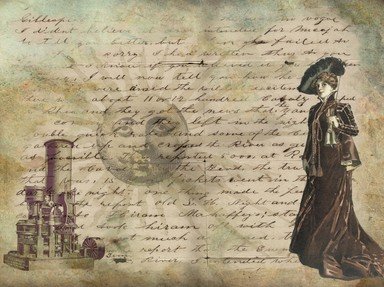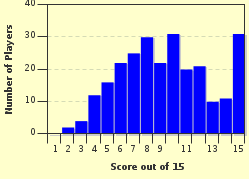Quiz Answer Key and Fun Facts
1. What novel's title comes from William Shakespeare's "Richard III"?
2. Which book title is part of a series whose title names small mammals with long ears and short tails? This group of novels describes the development of one special character and also pinpoints cultural problems in American society.
3. In a novel which eventually sold over two million copies and which was full of the names of Idaho creeks, such as Middle Creek, Silver Creek, Paradise Creek, what 1967 novel is frequently called one of the first successful postmodernist novels? Note: this novel had an arresting cover with a picture in front of a statue of Benjamin Franklin.
4. What is the 1963 book written by James Baldwin which has been called his "eloquent manifesto"?
5. What is the title of a book of essays written while its author was in prison?
6. Who is the Jewish-American writer whose novels have Nathan Zuckerman in them? This 1962 novel features a character named Gabe Wallach who is trying to make his way in a university setting, trying to figure out what do keep as part of him and what to get free of.
7. What is the 1961 novel that takes place during the end of World War II which features Yossarian? Ultimately, many considered the book a critique of the absurdity and deadlock of the Vietnam War and say its title when things are inexplicably complex and unending.
8. What is the name of the play by LeRoi Jones (the man who became Amiri Baraka)? This play deals with a relationship between a white woman and a black intellectual.
9. Which is the novel by a Peruvian novelist which juxtaposes the lives of the son of a minister and his chauffeur? The novel is set in the times of Manuel A. Odrķa's dictatorship in the 1950s.
10. What is the name of the 1967 Pulitzer-Prize winning account of Nat Turner's revolt in 1831? This novel drew a lot of attention both for its first person perspective and also because of reader's reaction to its rendition of events and characters.
11. What is the last novel published by the American great southern writer, William Faulkner?
12. What is the name of the 1964 novel by Chinua Achebe, the famous Nigerian author of "Things Fall Apart"?
13. What was the name of the memoirs posthumously edited by Hemingway's wife?
14. What is the title of the highly unconventional book written by John Barth in the late 1960s? Note, this book treats the whole idea of heroism very unconventionally.
15. What is the name of Hunter Thompson's radically experimental piece on the highly controversial members of a motorcycle club?
Source: Author
Windswept
This quiz was reviewed by FunTrivia editor
agony before going online.
Any errors found in FunTrivia content are routinely corrected through our feedback system.


